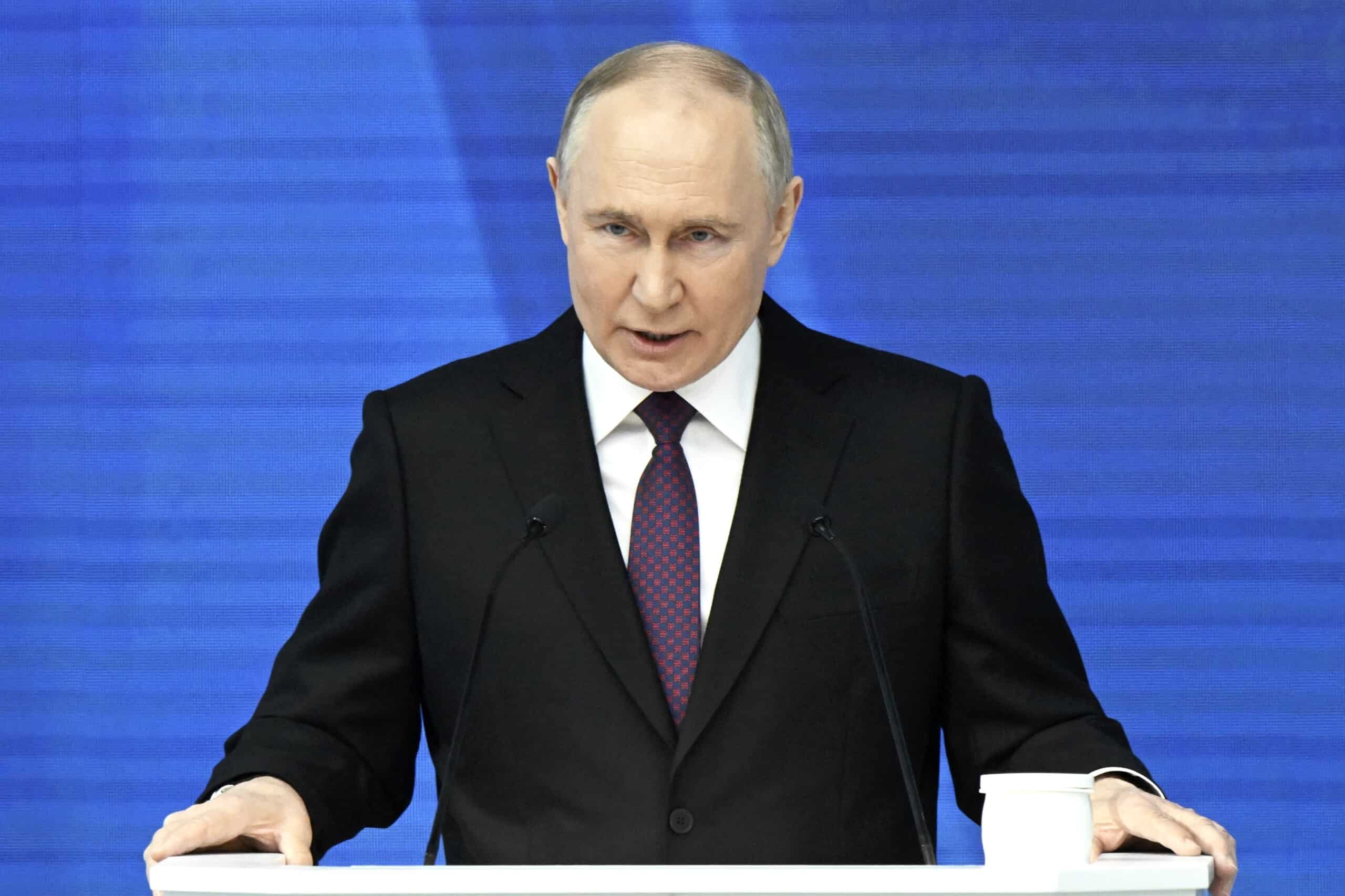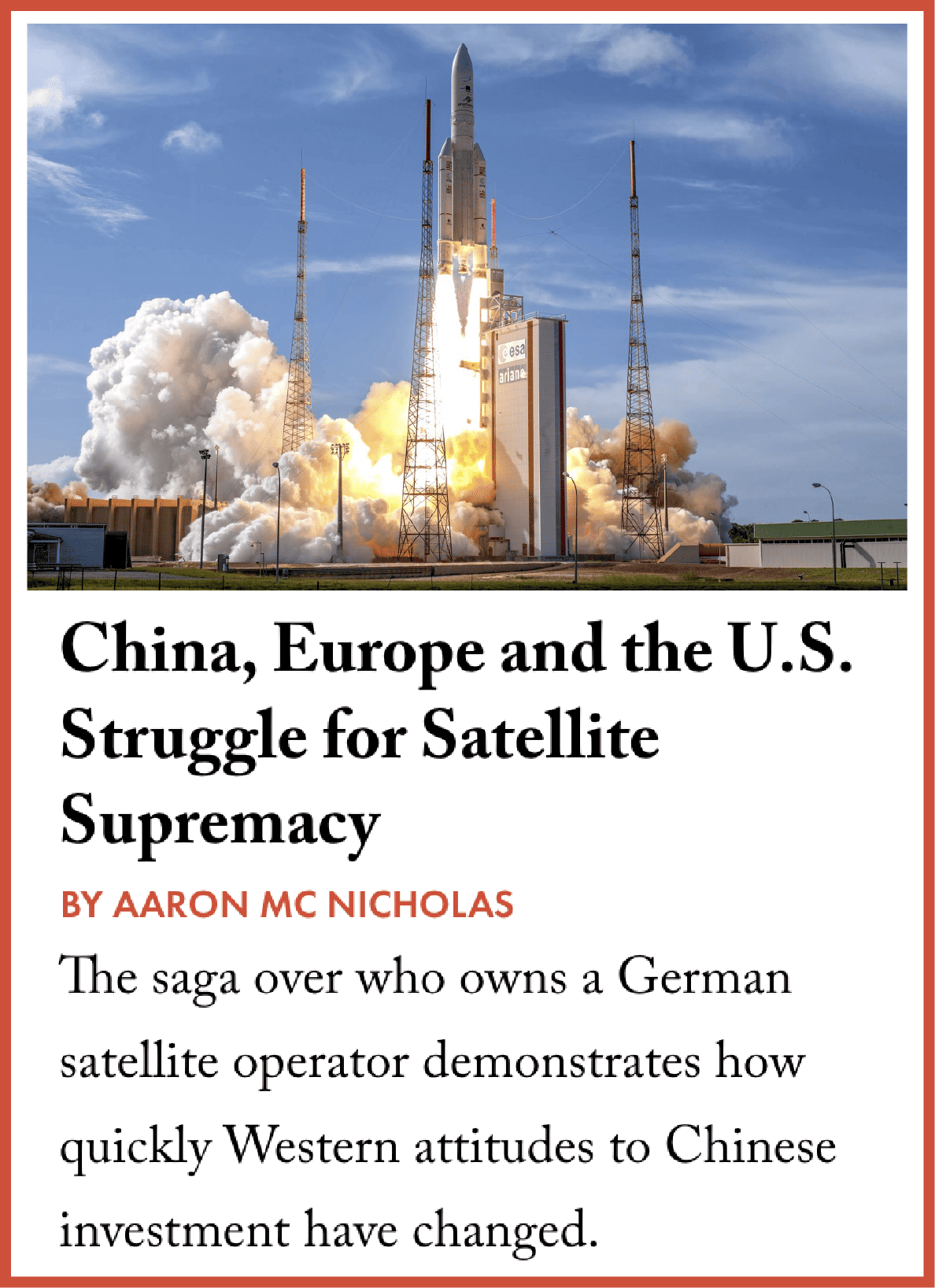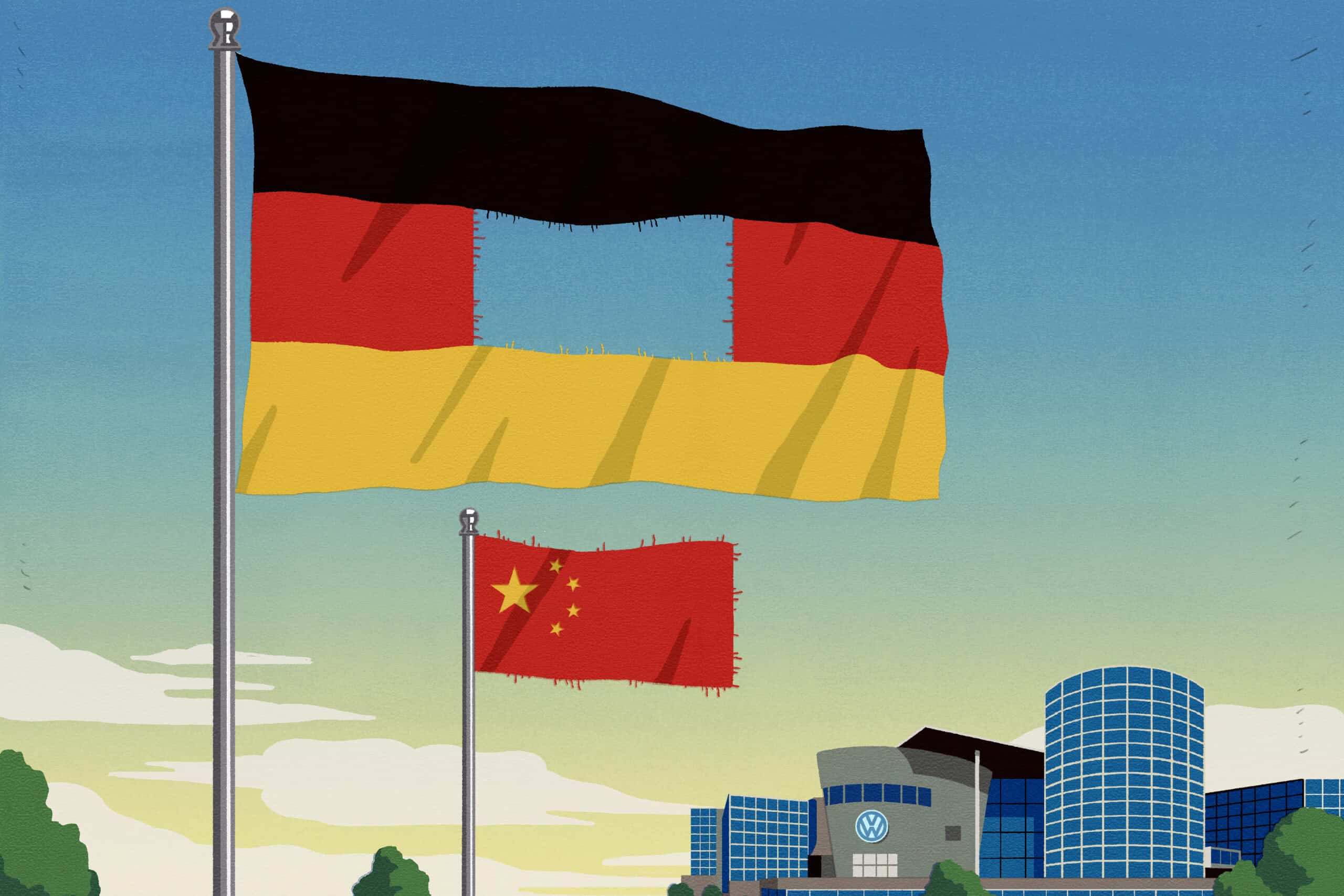
Russia’s potential fielding of a nuclear-armed anti-satellite (ASAT) capability has major implications for not just the United States and its allies but also China. Beijing will be reluctant to voice objections in order to avoid upsetting its relationship with Moscow, which the two sides characterize as reaching an “unprecedented high level.”

Nevertheless, Beijing likely regards the prospect of Russian nuclear weapons in space as destabilizing, or even threatening. The use of such a weapon could upend the already-complicated and highly consequential “three-body problem” of strategic nuclear balancing between the United States, Russia, and China. The indiscriminate impacts of a nuclear blast in orbit would inflict enormous — potentially profound — harm on China. The weapon’s development alone creates headaches for China by contradicting Beijing’s rhetoric around international laws and norms in space.
On February 14, Rep. Mike Turner kicked off a firestorm of speculation with cryptic warnings of an unspecified “serious national security threat.” Public reporting quickly trickled out that Russia is developing a new nuclear anti-satellite weapons capability that could destroy vast swathes of commercial and government satellites. While the exact nature of this weapon is not publicly known, and some analysts question the nature and severity of the threat, Secretary of State Antony J. Blinken reportedly warned his Chinese and Indian counterparts that the new Russian capability could take out their satellites, too.
China would of course be concerned about the loss of its own assets. Without them, Beijing may feel exposed and blinded.
If this Russian capability is in fact a nuclear-armed ASAT weapon, that has serious implications. Unlike conventional ASAT capabilities, a nuclear detonation in space would create a series of devastating effects. The blast would release an electromagnetic pulse that could immediately cripple satellites within range, and it would release radiation that would accelerate degradation of equipment in unhardened satellites over time. A deluge of debris could also spark a chain reaction destroying more satellites orbiting nearby.
Beijing must be wary of such a weapon. Like the United States and Russia, China relies on satellites to support both conventional and nuclear warfighting capabilities. Crucially, many satellites support intelligence, surveillance and reconnaissance (ISR) and missile early warning, enabling militaries to track preparation and initiation of nuclear launches. ISR helps decision-makers more accurately decipher adversaries’ nuclear signaling, prevent unintended escalation, and gauge the types of weapons deployed (e.g., more powerful strategic weapons versus smaller tactical ones). Satellites also support some elements of nuclear command, control, and communications in a crisis.
The destruction of key satellites could be significantly destabilizing. China would of course be concerned about the loss of its own assets. Without them, Beijing may feel exposed and blinded. These anxieties may be heightened by the United States’ significantly larger satellite network, which may provide it with a strategic advantage due to greater redundancy of systems.

Chinese decision makers may also be concerned about the widespread loss or degradation of U.S. and Russian space-based assets. In the fog of war, their destruction could result in rapid escalation spirals and create incentives for countries to engage in a surprise nuclear first-strike.
Beijing must also consider the unlikely but real possibility that it could be directly targeted by Russia. Moscow’s nuclear forces are primarily aimed at the United States and its NATO allies, but they also target China. Recently leaked Russian documents show that Russia’s military has prepared for nuclear contingencies against China.
Indications of strategic mistrust between Moscow and Beijing are subtle but present. In late 2021, President Vladimir Putin acknowledged that Russia holds strategic stability dialogues — talks almost certainly involving nuclear weapons — with both the United States and China. Furthermore, Beijing has illicitly acquired aircraft technology from Russia before, and Moscow frequently publicizes arrests of Chinese spies allegedly trying to obtain some of its most sensitive military secrets, including lasers, hypersonic missiles, and ultra-secret submarine technology.
Beyond considerations of strategic stability, there can be little doubt that Beijing knows that a nuclear ASAT attack could wreak havoc on the Chinese economy.
These concerns highlight the complexities of the “three-body problem.” During the Cold War, strategic stability hinged primarily on a bipolar system characterized by approximate strategic nuclear parity; however, China’s rapid and unprecedented nuclear buildup has put it on a course to reach near-peer status with the United States and Russia in the coming decade. The entry of a third pole forces each power to manage two major nuclear counterparts instead of just one.
Beyond considerations of strategic stability, there can be little doubt that Beijing knows that a nuclear ASAT attack could wreak havoc on the Chinese economy. China already has at least 700 satellites in orbit — second only in quantity to the United States. Beijing would be particularly concerned about disruptions to its constellation of BeiDou navigation satellites, China’s own version of the U.S. Global Positioning System.
The economic implications for China will only become more prominent going forward. China plans to dramatically expand its number of satellites in orbit by fielding a massive constellation of thousands of smaller satellites, akin to Elon Musk’s Starlink network.
Even if such a weapon is never used, Russia’s development of a nuclear ASAT creates a conundrum for China. Just as Russia’s war in Ukraine tarnished China’s international image by association, Russian provocations in space complicate Beijing’s narratives.

So far, Chinese authorities have unsurprisingly provided some diplomatic cover for Russia. China’s Ministry of Foreign Affairs Spokesperson has echoed statements by President Putin and other senior officials denying any Russian plans to deploy nuclear weapons in space. Chinese official outlets have even tried to leverage these developments to blame the United States for the militarization of space, and some Chinese scholars have argued the United States is “hyping” Russian threats to gin up support for Ukraine.
For now, Beijing may see some short-term benefits in Moscow’s pursuit of a dangerous new capability, as this could distract Washington from its strategic competition with China. Beijing may also believe that heightened Western-Russia tensions further bind Moscow closer to China.
Nevertheless, Russian moves directly contradict China’s stated policies and stances on outer space. China is a party to the 1967 Outer Space Treaty, which explicitly outlaws placing nuclear weapons in orbit around Earth. China’s 2021 white paper on space states that “China has always advocated the use of outer space for peaceful purposes, and opposes any attempt to turn outer space into a weapon or battlefield or launch an arms race in outer space.”

Russia’s moves put China in a particularly awkward position with regards to the Treaty on the Prevention of the Placement of Weapons in Outer Space. China and Russia jointly proposed the treaty in 2008 and they have sought to leverage U.S. opposition to it to portray Washington as promoting the weaponization of space. Russia’s pursuit of a nuclear ASAT capability would expose the hollowness of Moscow’s words and undermine Beijing’s credibility on the weaponization of space and arms control more broadly.
While it’s difficult to discern Beijing’s calculus, Russia’s space-based capability poses considerable risks for China. Major losses in space would damage China’s economy and, more importantly, increase the risks of nuclear miscalculation and escalation in unprecedented ways. As Beijing weighs its response, it will have to walk a tightrope between sticking by the Kremlin and conveying to Russian leaders that they are playing with fire.

Brian Hart is a fellow with the China Power Project at the Center for Strategic and International Studies.

Joseph Webster is a senior fellow at the Atlantic Council and editor of the independent China-Russia Report.




